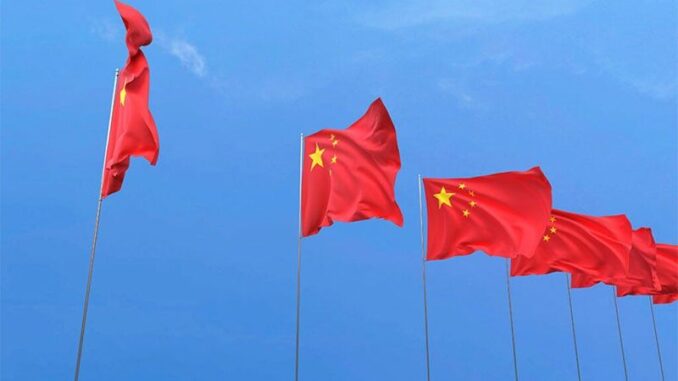
MANILA, Philippines — The Philippines is the least exposed among economies in Asia as China unleashed several stimulus measures in an effort to boost economic growth, according to Nomura Global Markets Research.
In its Asia economic monthly report, Nomura said China’s recent economic stimulus blitz is adding to the various uncertainties surrounding the region’s economic outlook.
This prompted the research firm to revisit the exposure of economies in Asia to China.
Nomura combined four channels of possible transmission (exports, commodity channel, investment channel and financial market) into one scorecard.
“The Philippines and India are the least exposed within Asia, due to weak trade and investment linkages with China,” Nomura said.
Of nine countries in Nomura’s scorecard, the Philippines scored the lowest in terms of exposure to China’s growth. It got a score of 19, followed by India (35), Japan (54), Indonesia (79), South Korea (85), Thailand (108), Hong Kong (117), Singapore (179) and Australia (190).
Nomura said countries like Australia and Singapore are more exposed to China’s growth due to their strong economic linkages through commodities and trade.
“The Philippines has the lowest exposure, more so in recent years, in part because, in our view, geopolitical tensions have limited FDI (foreign direct investment) inflows from China and supply chain reorientation benefits,” Nomura said.
Last month, China launched stimulus measures to support economic growth. These include monetary policy easing, liquidity support for equity markets as well as pledges to stabilize its property market.
The Philippines’ lower exposure could shield the country from potential volatility in the region. However, it could also mean fewer opportunities to benefit from any rebound in Chinese growth.
Nomura’s economists raised their growth forecast for China to 4.4 percent this year, but kept their 2025 outlook at a lower four percent, citing uncertainties surrounding the long-term effects of Beijing’s policy interventions.
In terms of monetary policy impact, Nomura said it expects a measured approach from the Bangko Sentral ng Pilipinas (BSP) as it has already started its own easing cycle.
“We expect they will remain measured in their approach and will weigh other external factors that impact forex stability, such as the Fed and geopolitical risks, more heavily than China’s growth prospects,” it said.
Nomura projects the BSP to reduce policy rates by 25 basis points at each of its last two meetings of the year.
It also expects 25-basis-point rate cuts in the first three meetings of 2025 before pausing.
This would bring the key rate down to five percent by May 2025 from 6.25 percent.


Be the first to comment